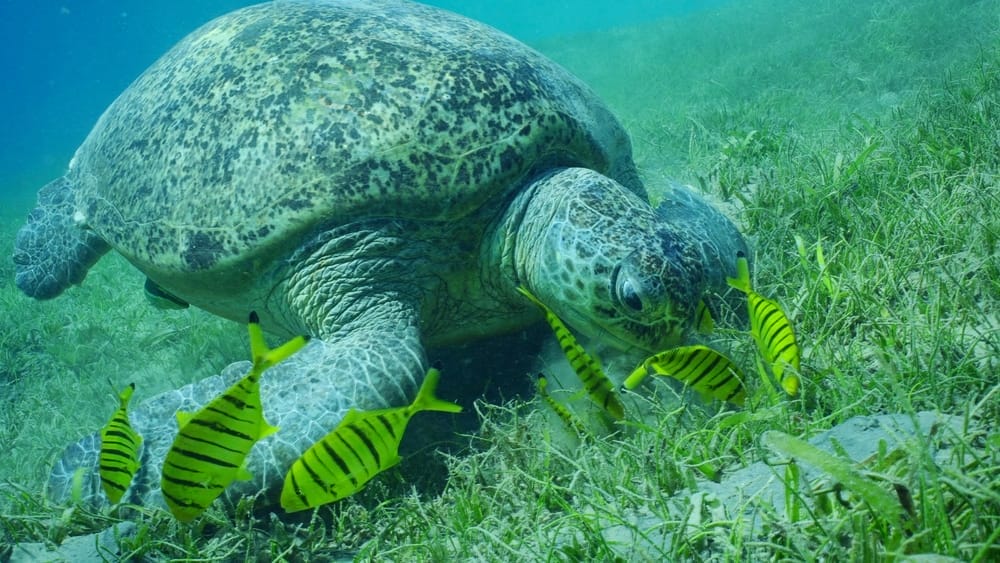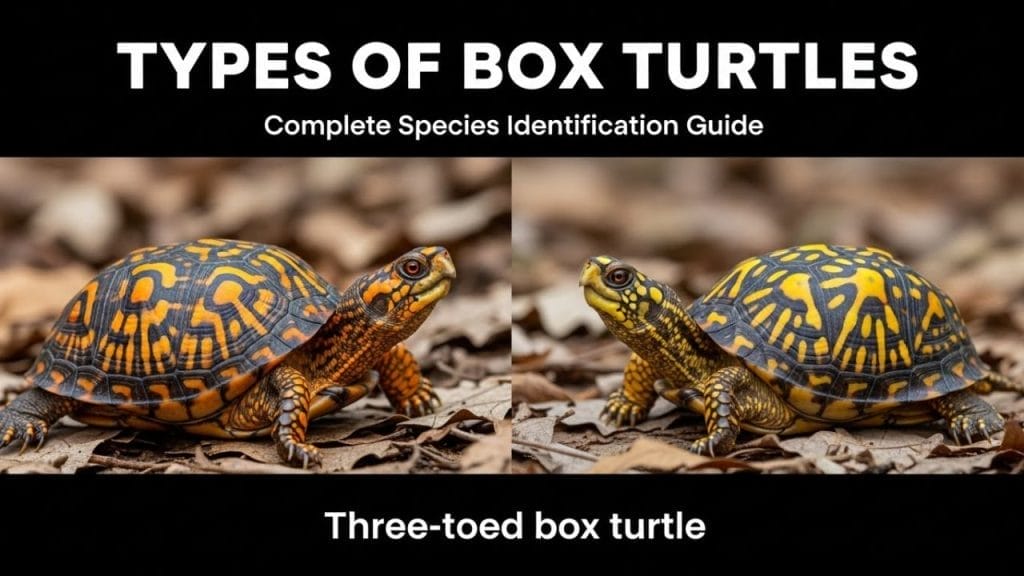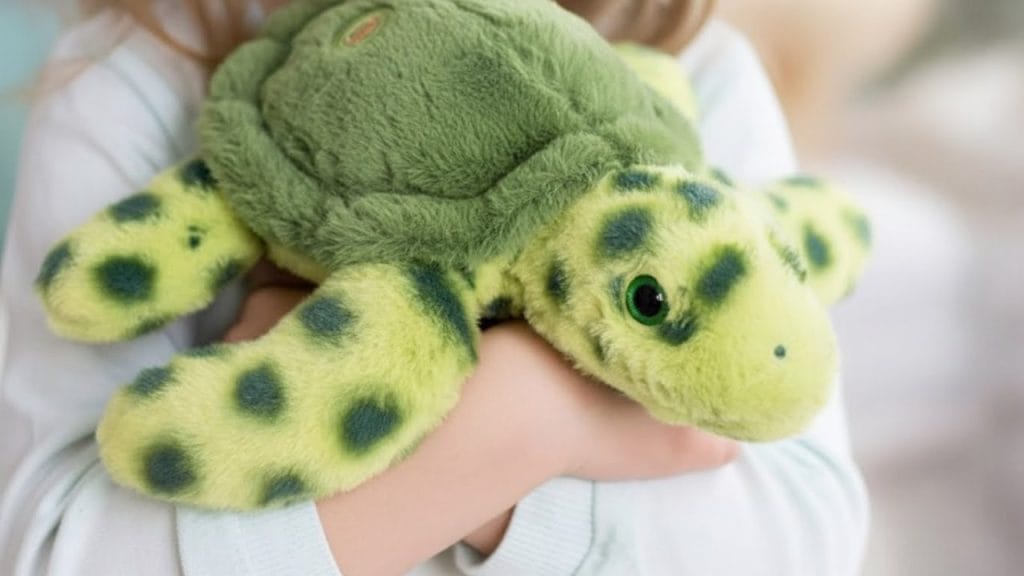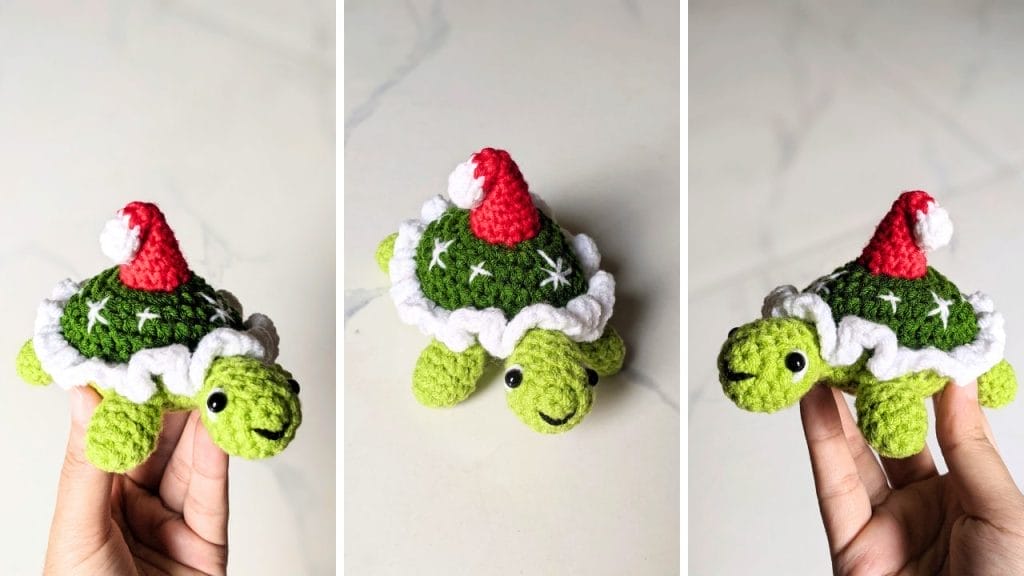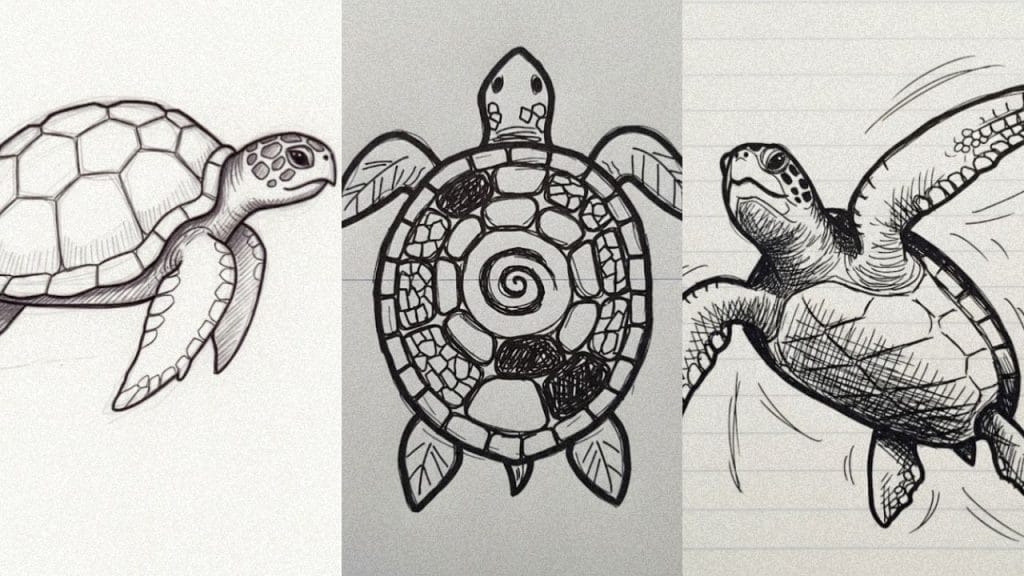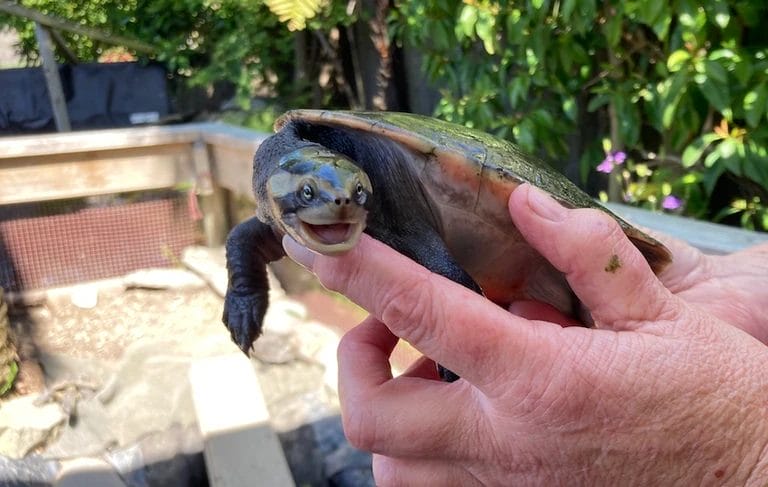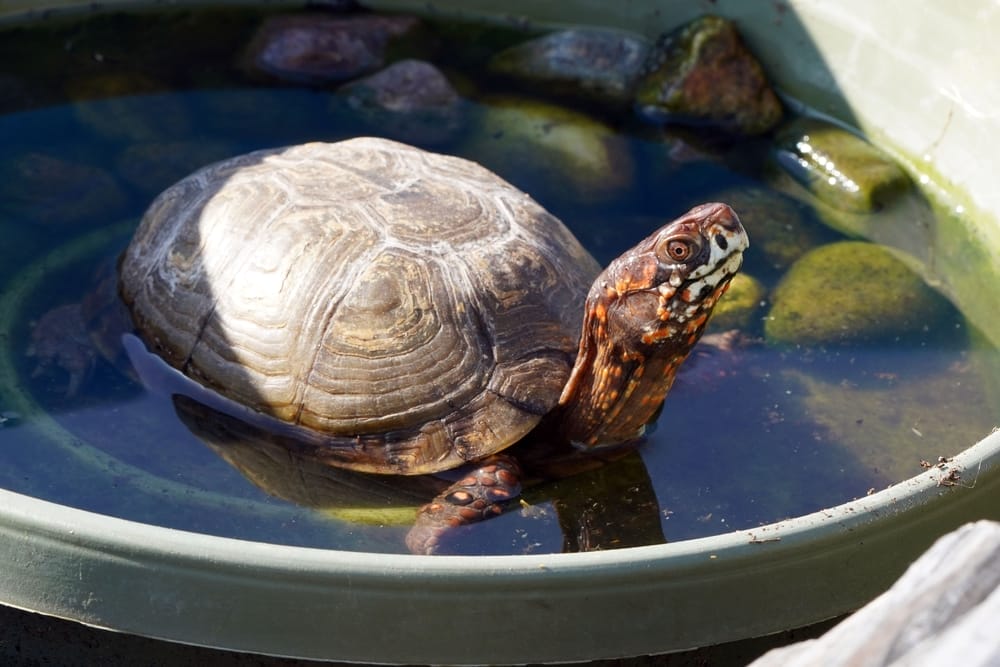Cooter Turtle Care Infographic
Cooter Turtle Care: Infographic
Want to get a printable version of this infographic? Click here! [If you want to use this infographic on your website, please link back to this post as the source!]
The infographic you uploaded provides a comprehensive guide on how to care for Cooter turtles. Here’s a summary of the key points:
Housing:
- A minimum of a 125-gallon tank is recommended.
Basking Temperature:
- Should be maintained between 80 to 90 degrees Fahrenheit.
Water Temperature:
- Keep it between 75 to 80 degrees Fahrenheit.
Ambient Temperature:
- Around 80 degrees Fahrenheit.
Diet:
- Worms, insects, fish, shrimp, carrots, endive, lettuce, leafy vegetables, apple, pellets, and supplements are listed as appropriate foods.
Tank Size:
- 10 to 20 gallons for baby turtles.
- 100 to 125 gallons for adult turtles, noting that as turtles grow, owners often need to upgrade to larger tanks or consider an outdoor location for adult cooters.
Feeding Methods:
- The 15-minute Rule: Provide enough food for the turtle to eat for 15-20 minutes, then remove leftovers.
- The Head Method: Offer an amount of food equivalent to the size of the turtle’s head.
Home Treatments for Common Health Issues:
- Hypovitaminosis: Use vitamin A-rich diets to prevent or treat.
- Metabolic Bone Disease (MBD): Use high-quality UV light and a balanced diet.
- Obesity: Prevent by avoiding overfeeding and unnecessary food items.
- Parasite Attack: Maintain cleanliness to prevent.
Cooter Turtle Tank Necessities:
- Basking Dock.
- Heating Lamp.
- UV Light.
- Water Filter.
- Tank Heater.
Suitable Temperature and Humidity:
- Water Temperature: 75 – 80 degrees Fahrenheit.
- Ambient Temperature: 80 degrees Fahrenheit.
- Basking Temperature: 80 – 90 degrees Fahrenheit.
Breeding Care:
- Select a healthy adult pair and prepare them well.
- Maintain a male to female ratio of 1:5 for successful mating.
- Separate after copulation and wait for the female to lay eggs.
- Surround the habitat with sand and moist soil for egg deposition.
- Collect the eggs and incubate them; temperature ranges affect the gender of hatchlings.

About Author
Muntaseer Rahman started keeping pet turtles back in 2013. He also owns the largest Turtle & Tortoise Facebook community in Bangladesh. These days he is mostly active on Facebook.


